Indian and Pakistani leaders meet
The leaders of India and Pakistan have met for the first time since last November's Bombay attacks.
Tuesday, 16.06.2009.
11:58

The leaders of India and Pakistan have met for the first time since last November's Bombay attacks. Indian PM Manmohan Singh and Pakistani President Asif Ali Zardari held talks on the sidelines of a summit in the Russian city of Yekaterinburg. Indian and Pakistani leaders meet Reuters news agency reported that the two men shook hands. More than 170 people died in the Bombay attacks. Relations between the two countries nosedived after Delhi said the gunmen were from Pakistan. Pakistan denied any responsibility in the immediate aftermath of the attacks, but later admitted they had been partly planned from its soil. The sole surviving suspected gunman is Pakistani and is currently on trial in Bombay. 'Mend fences' Indian PM Manmohan Singh said earlier this month that his government would seek to mend fences with Pakistan provided it cracked down on militants. Singh's statement indicated no dramatic shift in policy, correspondents say. For his part, Zardari has urged India to resume bilateral talks "unconditionally". He has said it is in the interest of both nations to keep alive the dialogue on all issues, including terrorism. Few details have emerged of Tuesday's talks so far. Singh, who is in Yekaterinburg to attend two international meetings, was expected to convey his unhappiness over Pakistan's "inaction" against terrorism directed at India, reports said. Indian officials refused to speculate beforehand about what might emerge from the planned 30-minute meeting between Singh and Zardari. "We are against setting markers because all we do is feed the enemies of peace, who then know what they have to do to stop the process," an official was quoted as saying by The Hindu newspaper. Strains India pulled out of long-running peace talks with Pakistan following the Bombay attacks. It has since accused Pakistan of "not being serious enough" about bringing those who planned the Bombay attacks to justice. The recent release on bail of Hafiz Saeed, the head of the Islamic charity Jamaat-ud-Dawa, put further strain on relations between the two countries. The charity is accused of being a front for Lashkar-e-Taiba, the group India says carried out the attacks. Jamaat-ud-Dawa - listed by the U.S. as a terrorist organisation - denies any links with militants.
Indian and Pakistani leaders meet
Reuters news agency reported that the two men shook hands.More than 170 people died in the Bombay attacks. Relations between the two countries nosedived after Delhi said the gunmen were from Pakistan.
Pakistan denied any responsibility in the immediate aftermath of the attacks, but later admitted they had been partly planned from its soil.
The sole surviving suspected gunman is Pakistani and is currently on trial in Bombay.
'Mend fences'
Indian PM Manmohan Singh said earlier this month that his government would seek to mend fences with Pakistan provided it cracked down on militants.Singh's statement indicated no dramatic shift in policy, correspondents say.
For his part, Zardari has urged India to resume bilateral talks "unconditionally". He has said it is in the interest of both nations to keep alive the dialogue on all issues, including terrorism.
Few details have emerged of Tuesday's talks so far.
Singh, who is in Yekaterinburg to attend two international meetings, was expected to convey his unhappiness over Pakistan's "inaction" against terrorism directed at India, reports said.
Indian officials refused to speculate beforehand about what might emerge from the planned 30-minute meeting between Singh and Zardari.
"We are against setting markers because all we do is feed the enemies of peace, who then know what they have to do to stop the process," an official was quoted as saying by The Hindu newspaper.
Strains
India pulled out of long-running peace talks with Pakistan following the Bombay attacks.It has since accused Pakistan of "not being serious enough" about bringing those who planned the Bombay attacks to justice.
The recent release on bail of Hafiz Saeed, the head of the Islamic charity Jamaat-ud-Dawa, put further strain on relations between the two countries.
The charity is accused of being a front for Lashkar-e-Taiba, the group India says carried out the attacks.
Jamaat-ud-Dawa - listed by the U.S. as a terrorist organisation - denies any links with militants.




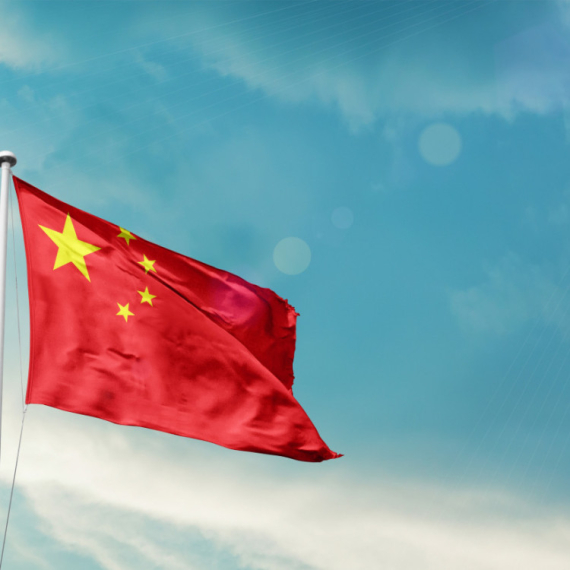





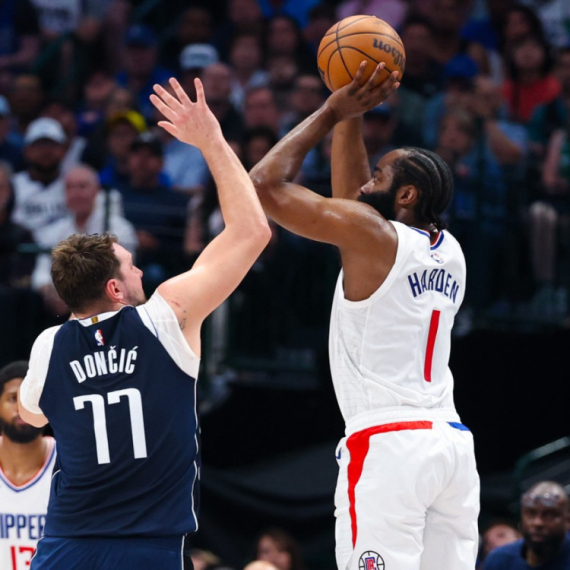
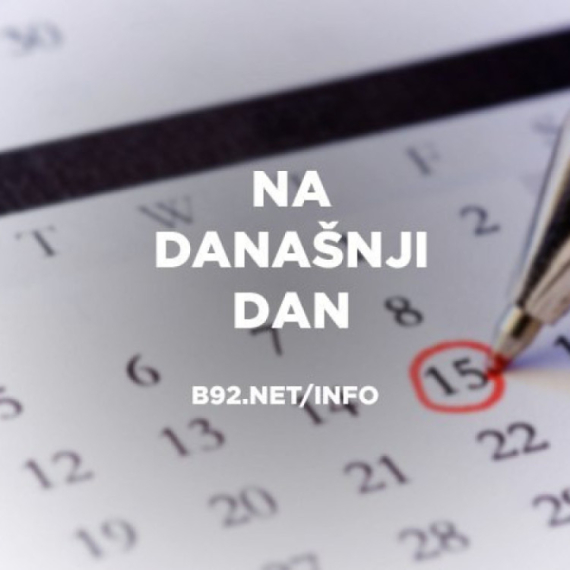
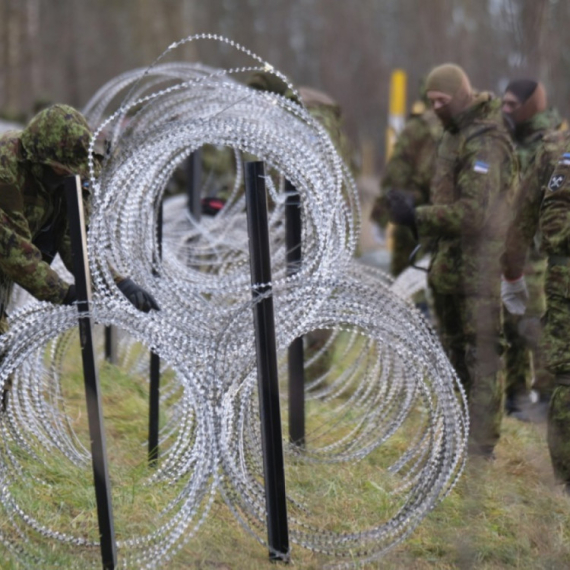
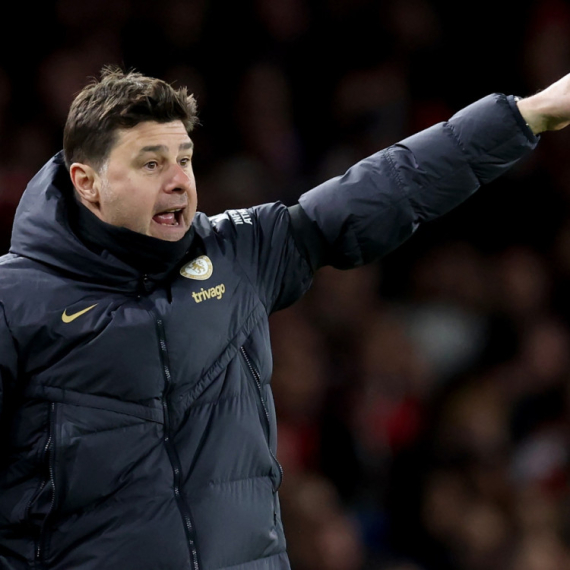
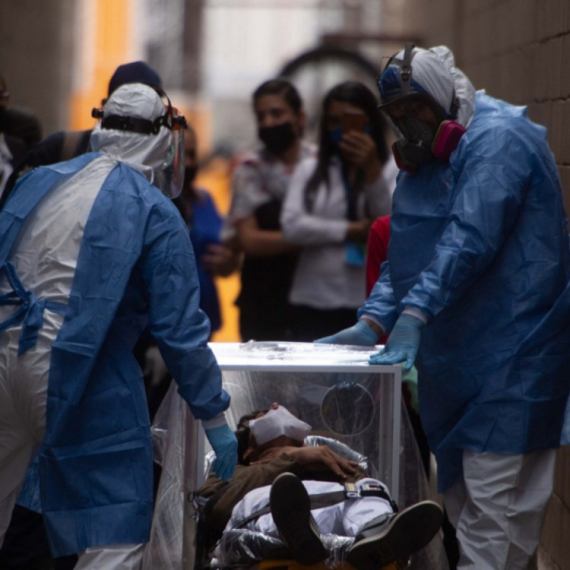
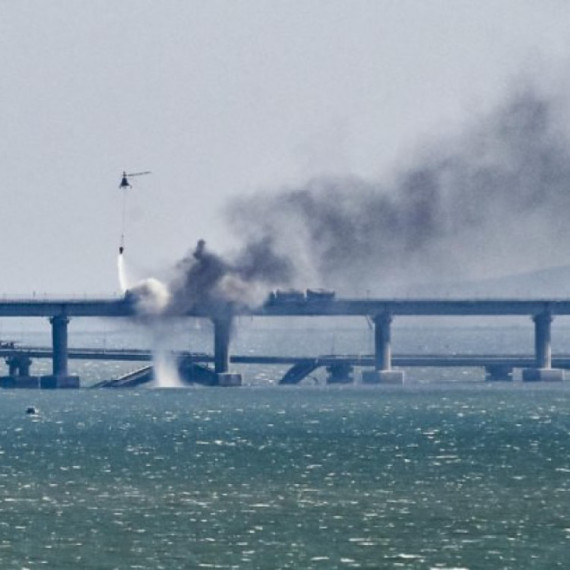
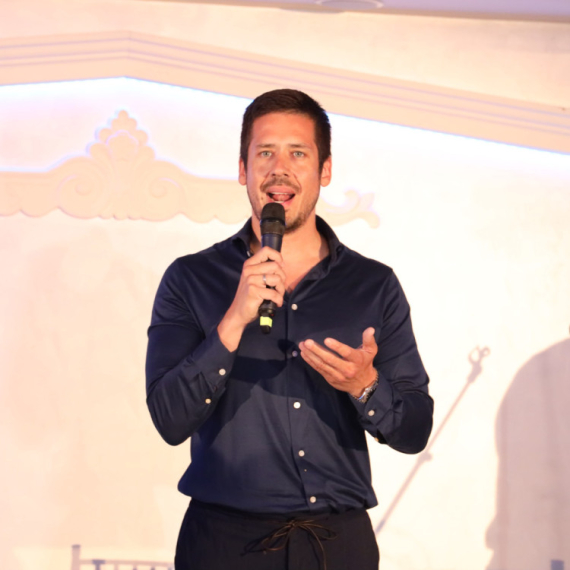
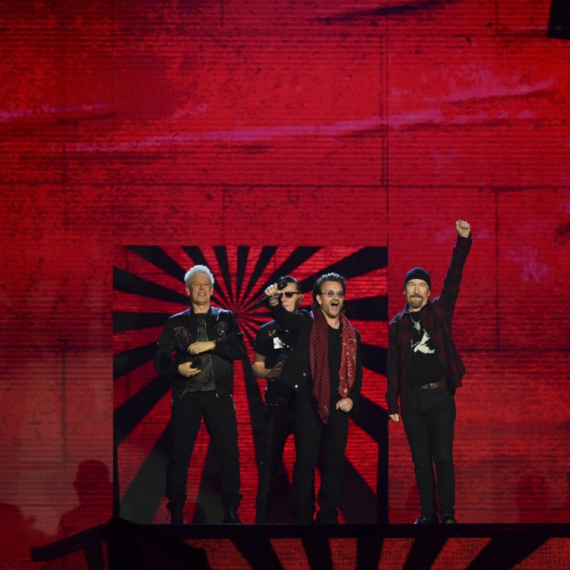
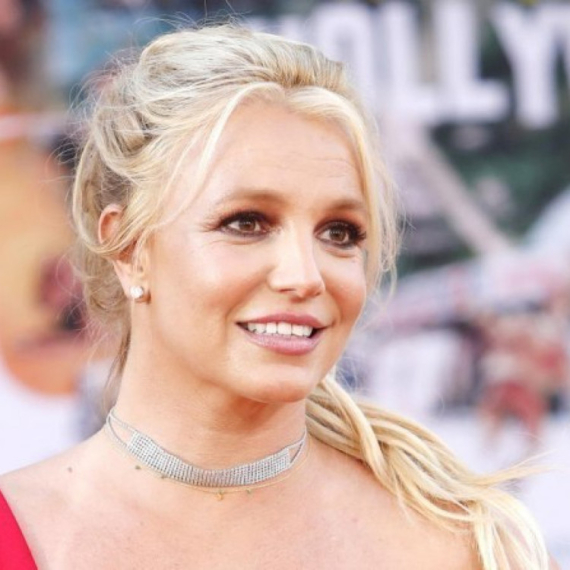
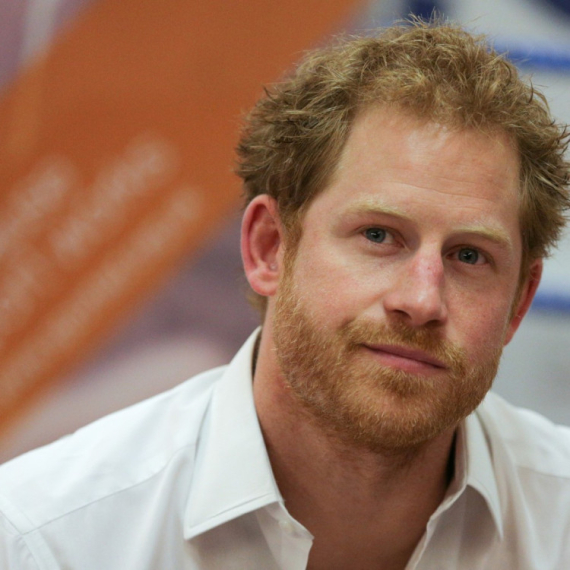































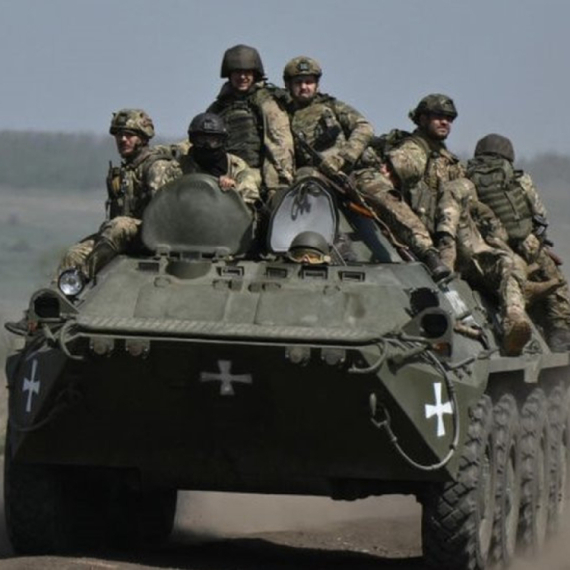
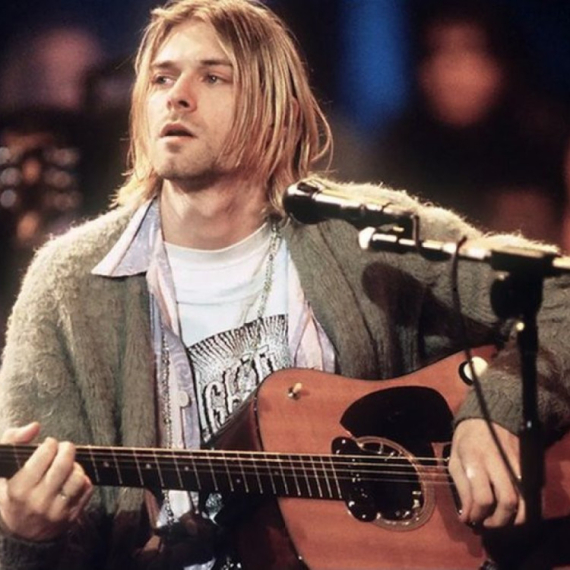
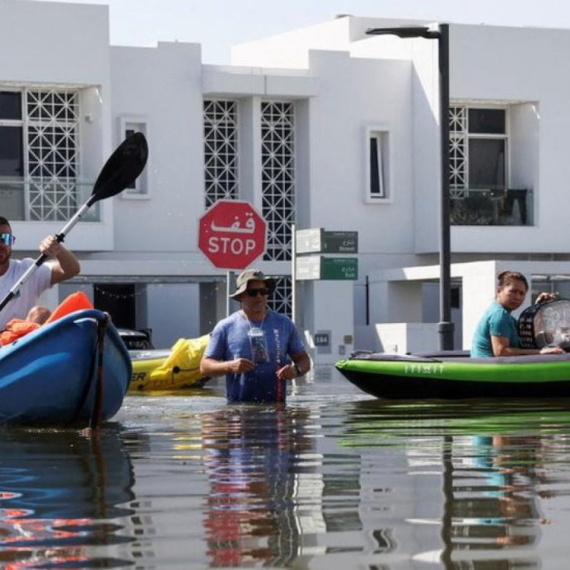



Komentari 0